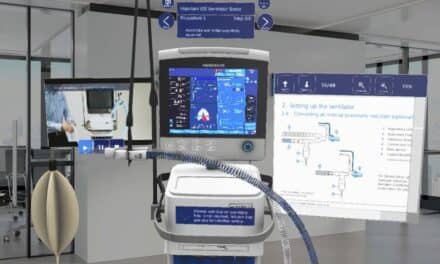The COVID-19 pandemic has revealed major deficiencies and inequities in the U.S. healthcare system, shining a spotlight on improvements that must be made to steel the country for future disasters, argues University of Rochester Medical Center Assistant Professor Maia Dorsett, MD, in an editorial titled, “Point of No Return: COVID-19 and the US Health Care System.”
“U.S. healthcare is incentivized to react to sickness rather than proactively focus on health maintenance,” Dorsett writes. “As an emergency physician, I witness the impact of this approach daily.”
Dorsett further argues that—much like a school shooting or a terrorist attack—the COVID-19 pandemic should be defined as a mass casualty incident (MCI), which occur when casualties overwhelm local resources such as personnel and equipment. Public health systems designed to improve the health of the general population are underfunded and understaffed, with emergency departments operating near or beyond capacity on a given day while underlying issues such as housing, food security, and safety from violence remain inadequately addressed.
These systemic weaknesses make it more difficult for society to cope with slow-moving MCIs such as COVID-19. As with all MCIs, understanding four phases of the emergency management cycle can help to analyze and guide the response to this pandemic: mitigation, preparation, response, and recovery.
Dorsett contends that inadequate preparation for COVID-19, including stockpiling personal protective equipment, ventilators, and testing equipment, led to a sense of betrayal among healthcare professionals forced to contend with the pandemic using inadequate resources.
“Emergency management is a cycle and we must now use the recovery phase to analyze the strengths and deficiencies of our response to begin the mitigation and planning phases for the next, unplanned hazard,” Dorsett writes. “We can hope that our collective memory is long, not short.”




